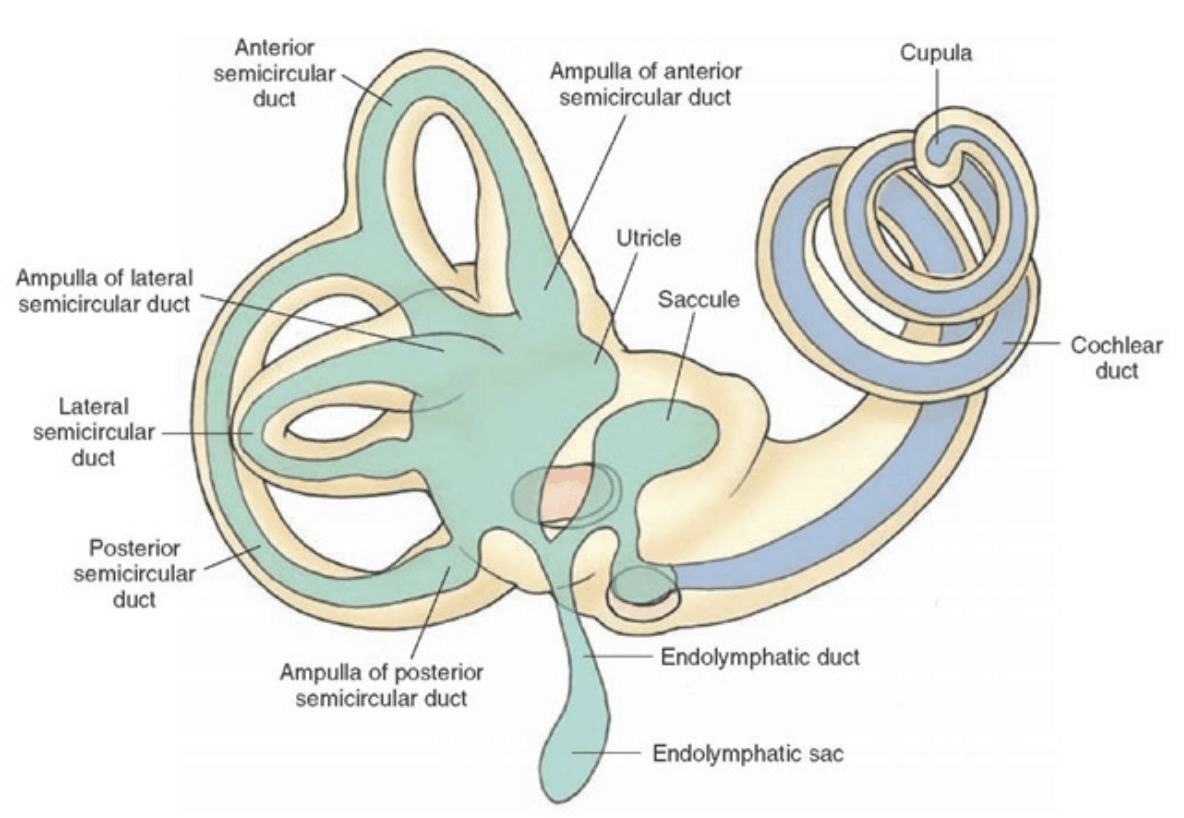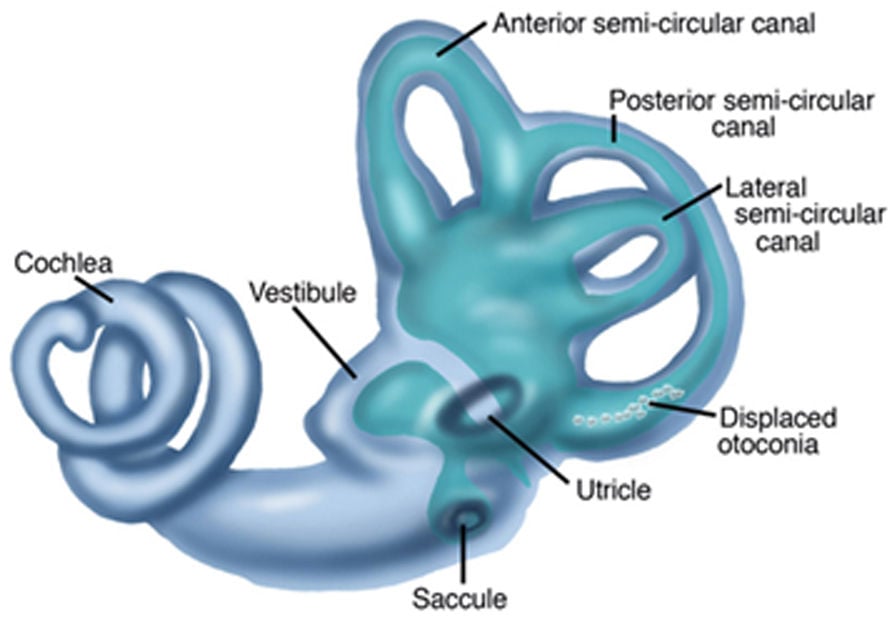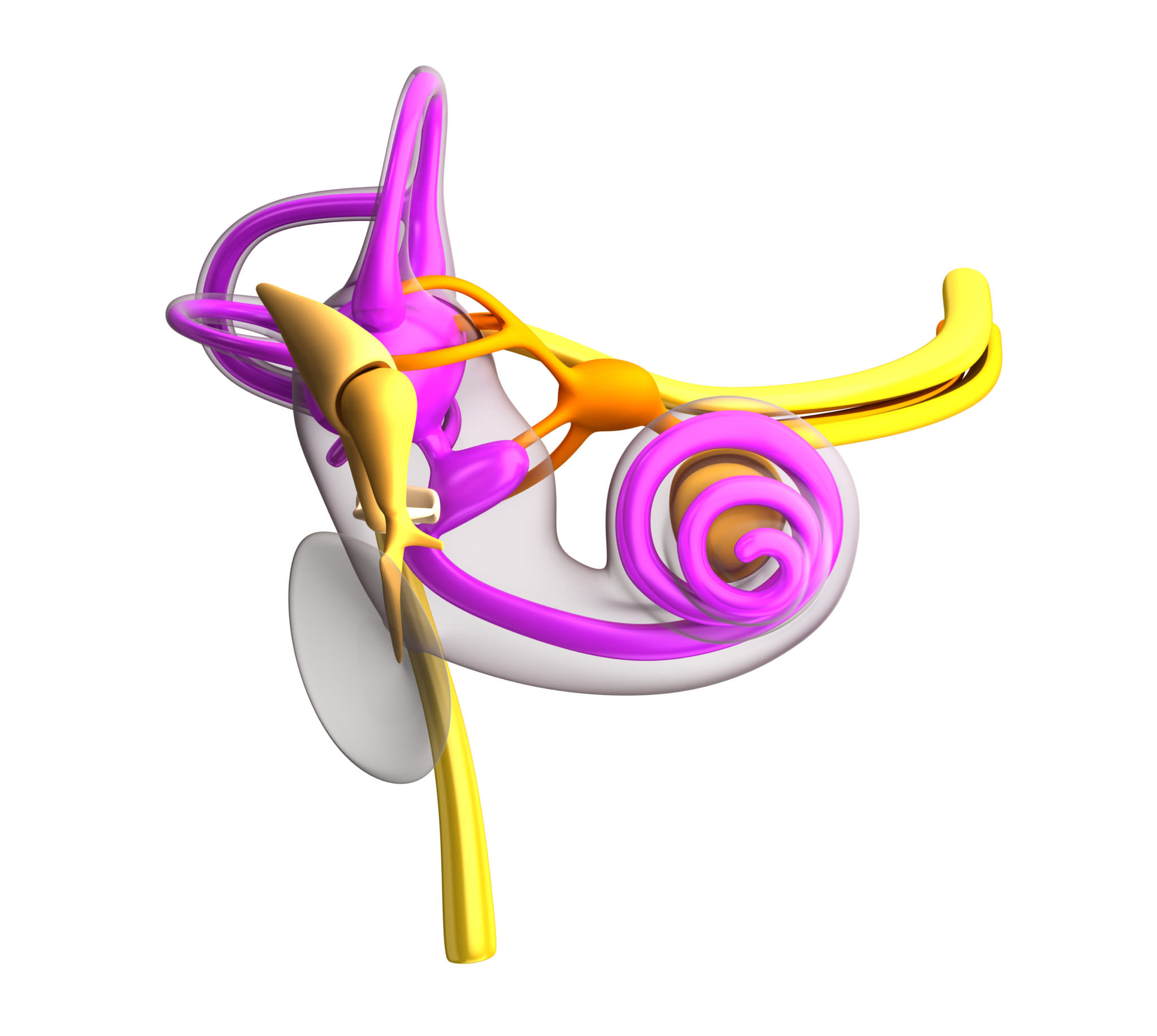
Long-term dizziness and vertigo should not be ignored. They are given advice to ignore it, and it will go away. Unfortunately, some people are told that their symptoms of dizziness or vertigo are not real or a result of mental illness.

There have been instances where patients have given themselves a concussion during the process or damaged their eardrums from flushing liquid into their ears. Attempting to reposition crystals without instruction from your health care provider can cause the crystals to be moved incorrectly. Not only can this be harmful, it can cause more problems.


The most common cause of vertigo is when calcium crystals in your inner ear become dislodged from their normal position. Your health care team can identify the causes of your symptoms. Several conditions can cause balance problems, and these problems are usually related to a specific sign or symptom. Vertigo, which is less common than dizziness, is an overall spinning sensation. Dizziness is the feeling of being lightheaded, foggy or unsteady. While these words are often used interchangeably, they describe different sensations. dizzinessįirst, it is important to outline the differences between vertigo and dizziness. However, if these sensations recur or affect your life, it is time to talk with your health care provider. When these systems aren't functioning well, you can experience balance problems.Ībout one-third of Americans at some point experience short-term bouts of feeling foggy, unsteady and lightheaded or feeling a spinning sensation. Many body systems, including your muscles, bones, joints, eyes and the inner ear, must work normally for you to have normal balance. It could have occurred after standing up too quickly, after a carnival ride, after taking a medication or during a migraine.


 0 kommentar(er)
0 kommentar(er)
